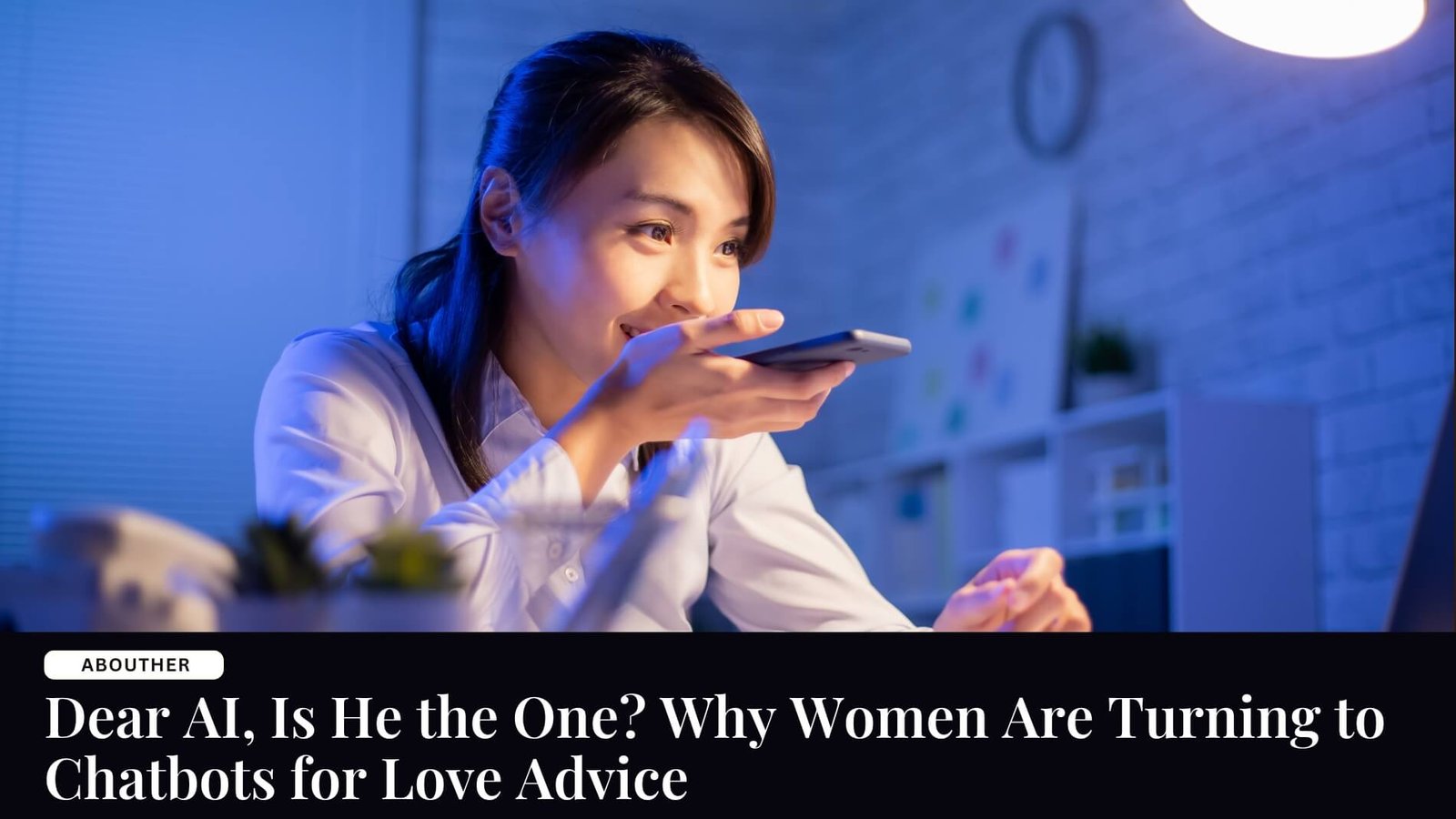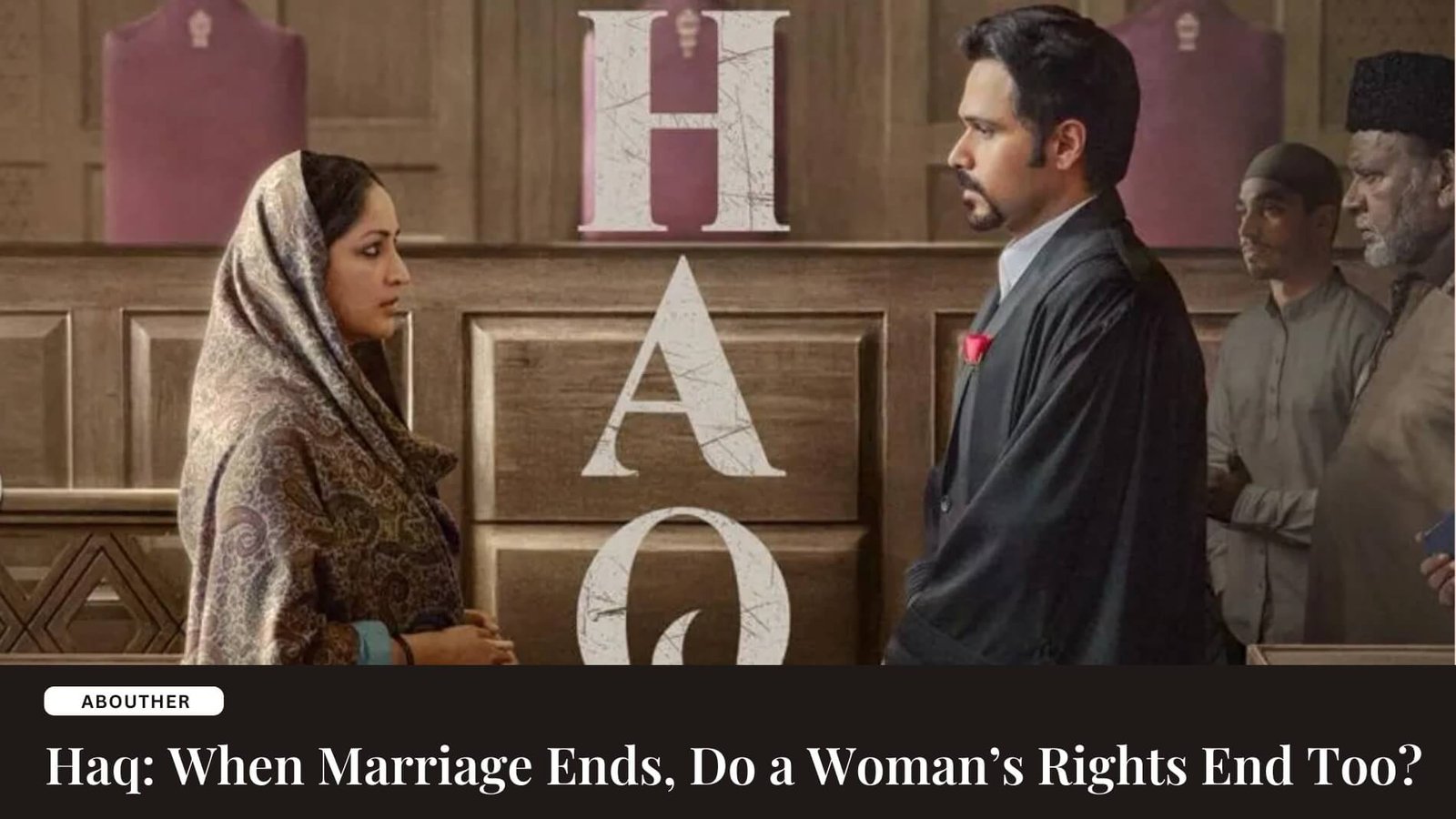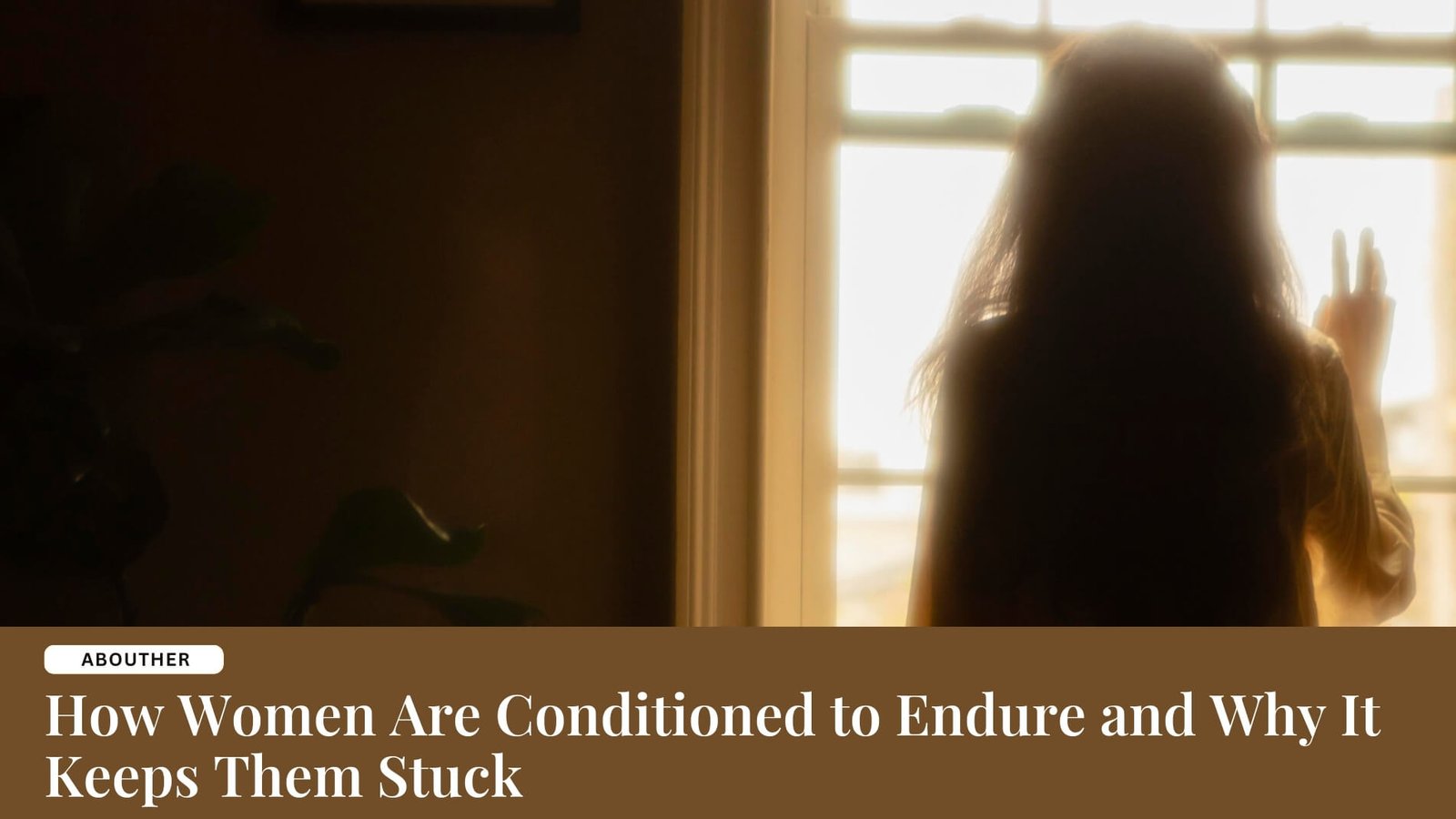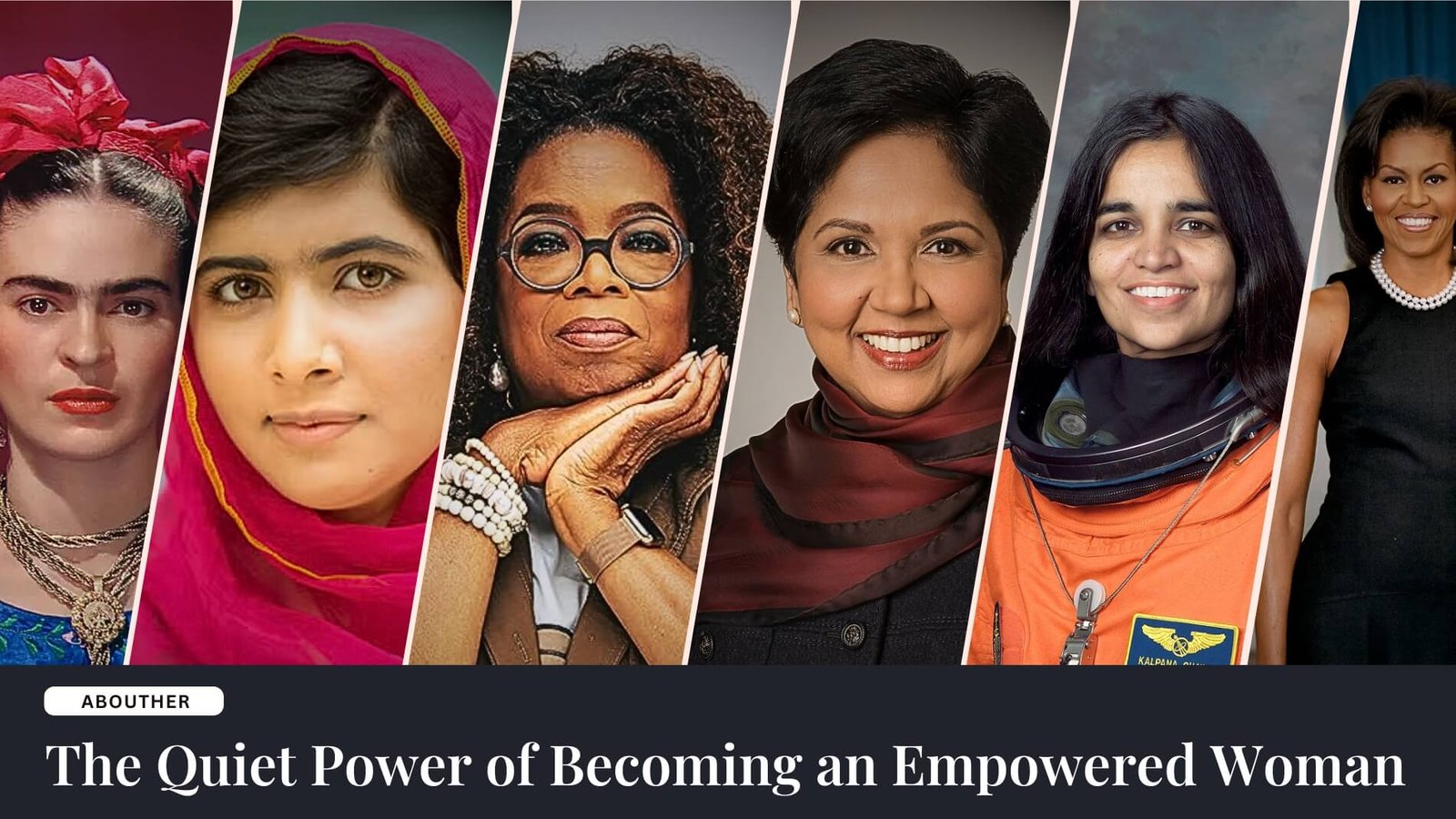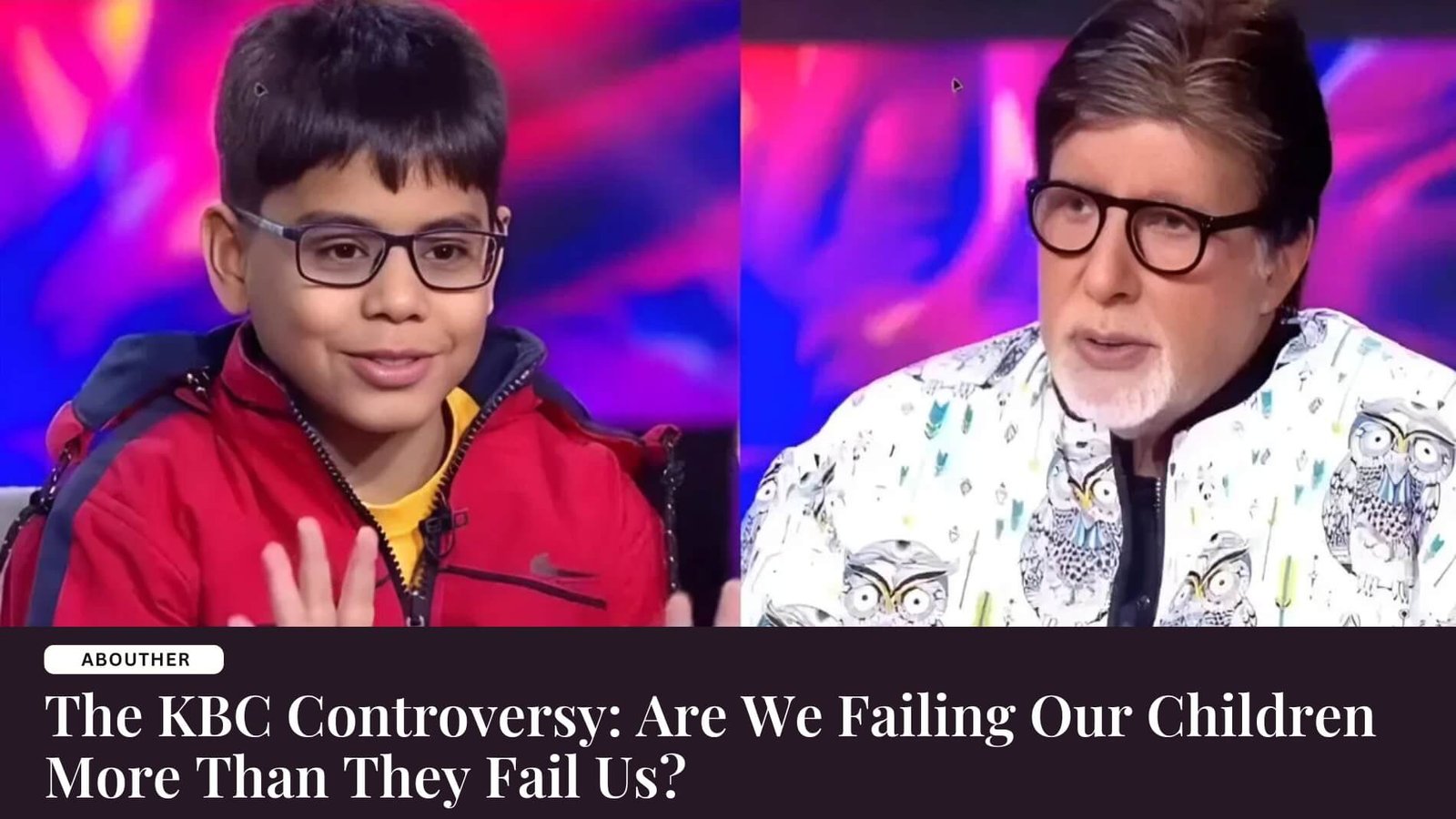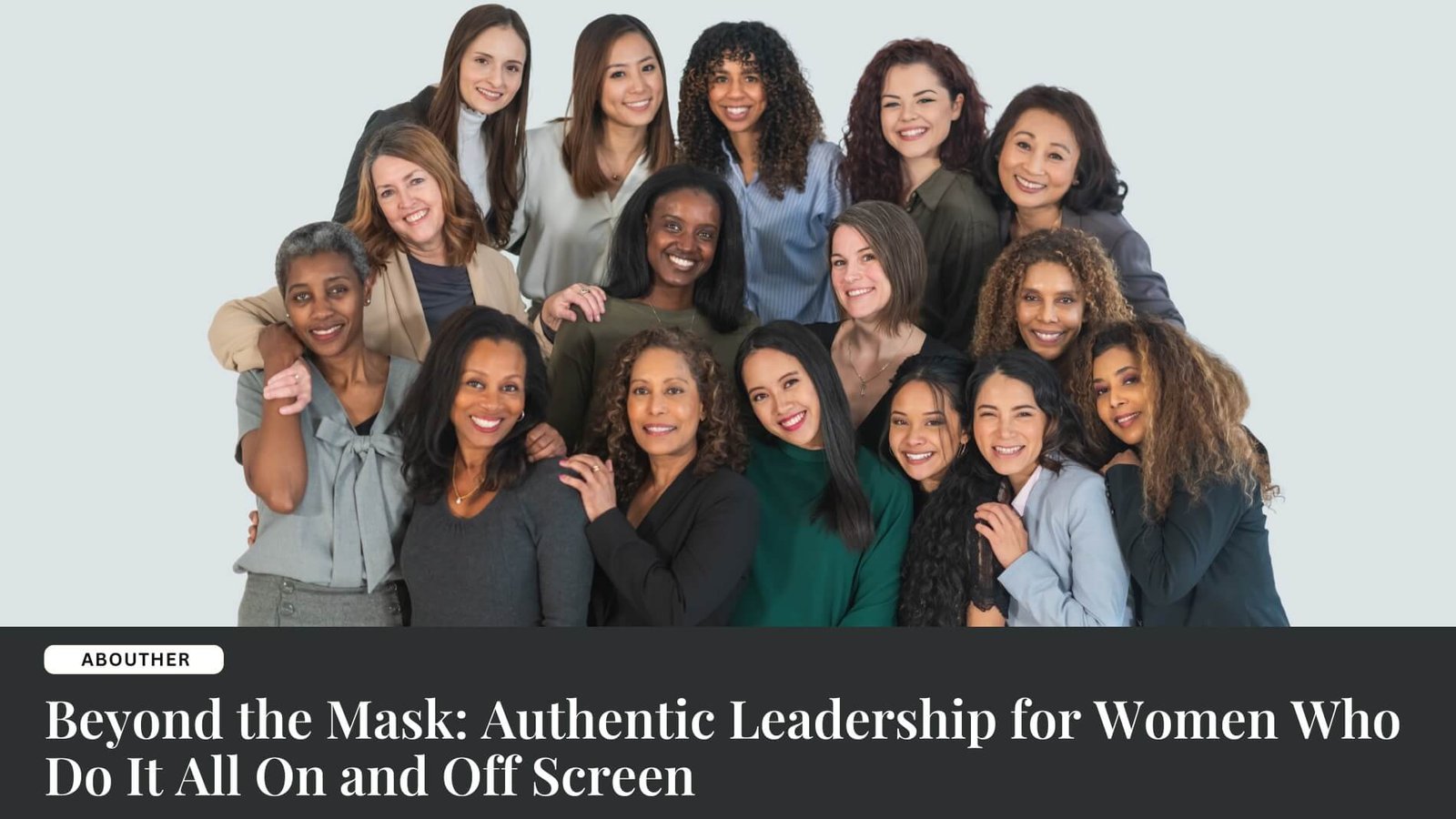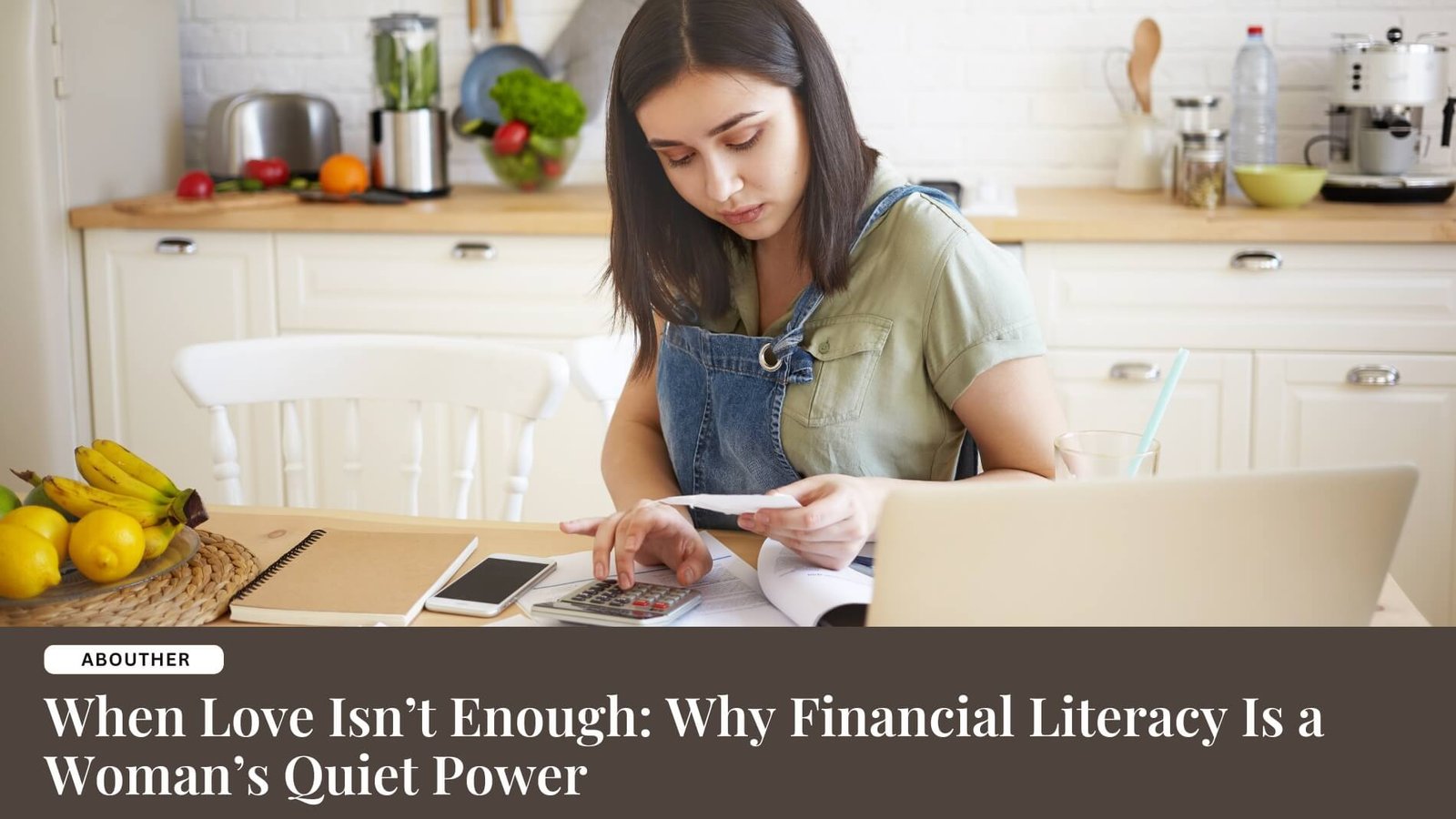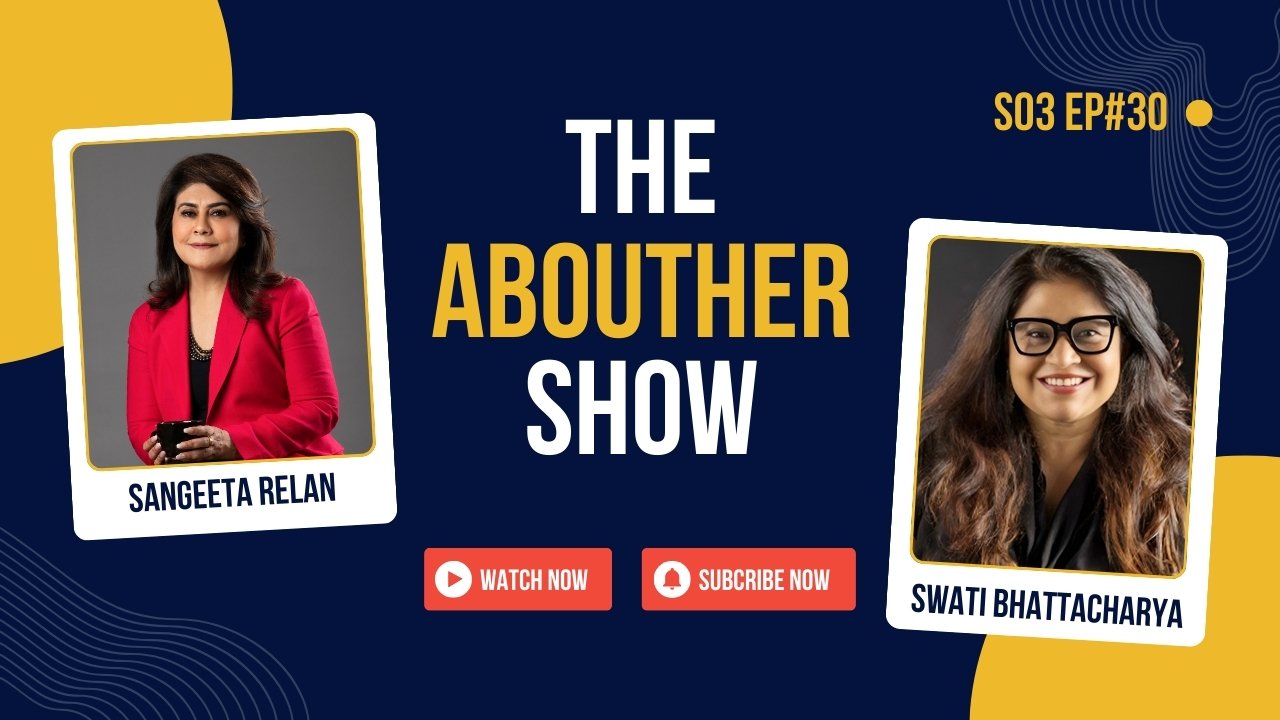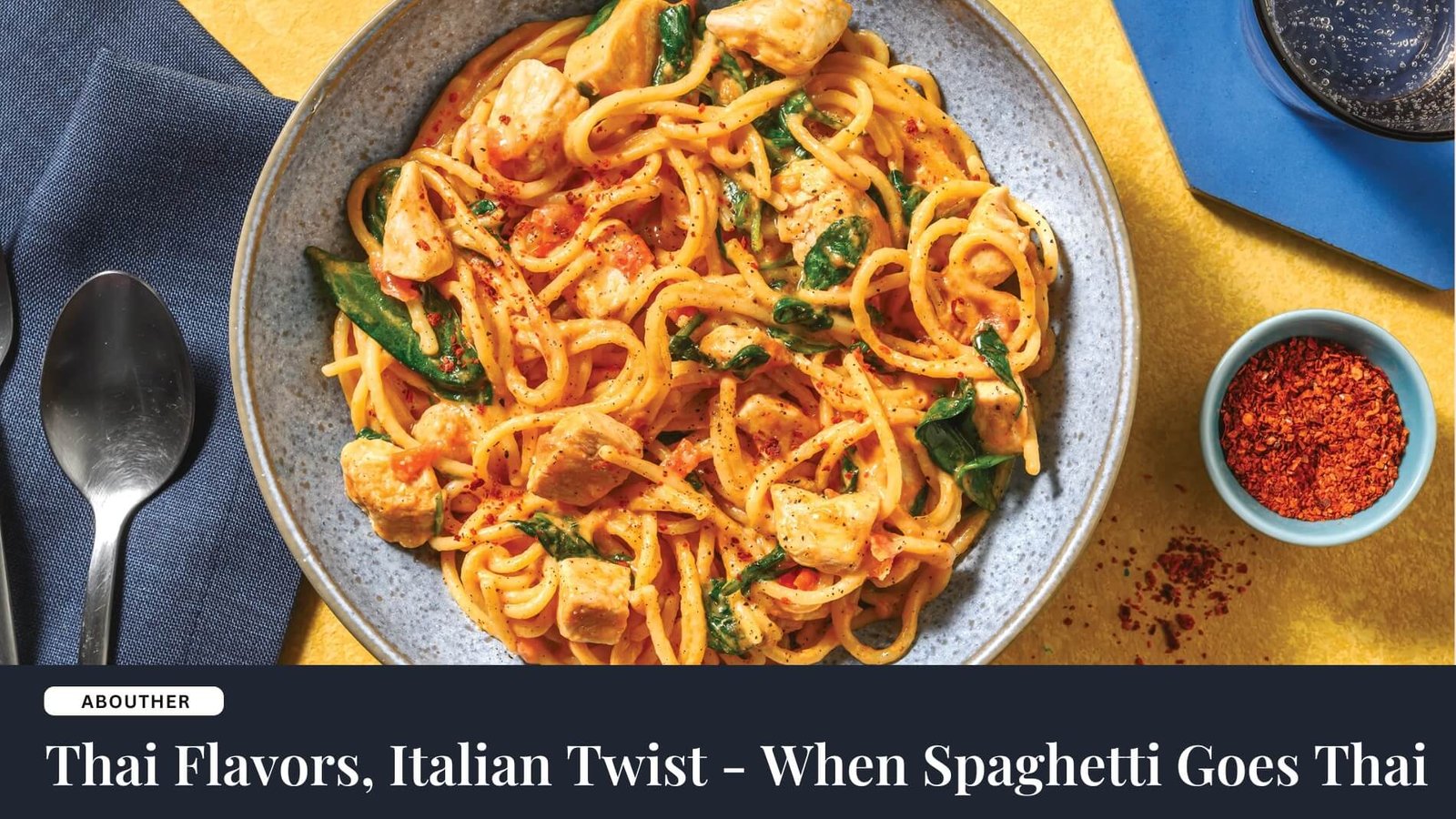Dear AI, Is He the One? Why Women Are Turning to Chatbots for Love Advice
It was past midnight when Riya, exhausted from yet another argument with her boyfriend, found herself staring at her phone screen. She didn’t feel like calling a friend—no one needed to hear her venting for the third time this week. Instead, she did something she never thought she would: she asked ChatGPT, “How do I know if my boyfriend is emotionally unavailable?”
A moment later, the AI responded with a breakdown of emotional unavailability, signs to look out for, and even gentle suggestions on how to approach the conversation with him. Riya found herself nodding. It wasn’t generic fluff; it was practical, non-judgmental, and immediate. Something clicked.
The Digital Shoulder to Lean On
Riya isn’t alone. Across the world, women are increasingly turning to AI for relationship advice. Whether it’s confusion over mixed signals, navigating the complexities of modern dating, or trying to rekindle the spark in a long-term relationship, AI chatbots and virtual assistants are becoming the go-to confidants. The appeal? Instant access, zero judgment, and advice that is, at times, surprisingly insightful.
For Meera, who had just gone through a difficult breakup, AI became a safe space. She couldn’t bring herself to rehash the details with friends, so she started chatting with an AI app. “It asked me questions about my feelings, and in a way, it helped me process my emotions like journaling would. I knew it wasn’t a real person, but just typing it all out and receiving something back felt validating.”
Also Read: Swipe, Match, Repeat: Love in the Digital Age
Even married women are quietly consulting AI. Sana, married for eight years, was struggling with communication issues in her relationship. She turned to AI to understand love languages and conflict resolution techniques. “I read relationship books before, but this was different. I could ask specific, personal questions and get immediate, practical responses tailored to my situation. It gave me a new perspective.”
Then there’s Priya, a single woman navigating the world of online dating. After multiple failed relationships and an endless cycle of ghosting, she turned to AI as a sounding board. “Dating apps are exhausting. AI helped me draft messages, pointed out red flags I hadn’t noticed, and even gave me advice on how to set boundaries. I wasn’t expecting much, but it genuinely helped me make better dating decisions.”
Why Are Women Turning to AI for Relationship Advice?
- Immediate Access: Relationships are unpredictable, and women want answers in real time. Unlike therapists or friends who may not be available at odd hours, AI is accessible 24/7.
- No Fear of Judgment: Discussing relationships with friends and family can invite opinions and biases. AI offers a neutral, non-judgmental space to voice concerns.
- Clarity in Complex Situations: Modern dating is filled with ghosting, breadcrumbing, and situationships. AI provides a structured way to navigate these uncertainties.
- Personalised Yet Logical Guidance: While AI lacks human empathy, it can analyse patterns, suggest solutions, and provide research-backed advice that feels objective and actionable.
- Anonymity and Privacy: Many women hesitate to share relationship troubles due to cultural or societal pressures. AI offers a private space where they can freely express concerns without fear of gossip or backlash.
- Supplementing (Not Replacing) Therapy: Some women see AI as a preliminary step before seeking professional counselling, helping them frame their thoughts better before talking to a therapist.
The Limitations of AI in Relationships
While AI can be a great tool, it’s not without its shortcomings. AI lacks real-world emotional intelligence and the ability to fully grasp the nuances of human relationships. It can analyse text and patterns but cannot feel heartbreak, love, or joy the way humans do.
Also Read: The Invisible Desires of Every Woman in the World
Additionally, AI-generated advice is based on existing data, which may not always be perfectly suited to a user’s unique situation. Advice from an AI chatbot should be taken as a guiding suggestion rather than an absolute truth.
AI Isn’t Perfect—But Neither Are We
Of course, AI isn’t a replacement for human connection. It can offer logical perspectives, but it can’t truly understand the depth of human emotions. It doesn’t know the history behind your relationship, the subtle nuances in your partner’s tone, or the warmth of a friend’s hug when you’re hurting.
Yet, in an era where relationships are more complex than ever—where ghosting, breadcrumbing, and situationships are common—women are looking for clarity in the chaos. And AI, with its ability to provide instant, research-backed, and sometimes oddly comforting insights, is filling that gap.
Riya, after taking some time to reflect on the AI’s advice, did have a heart-to-heart with her boyfriend. It wasn’t perfect, but at least she went into the conversation with a clearer mind. “AI won’t solve your relationship problems,” she admits, “but sometimes, it helps you figure out the right questions to ask.”
Perhaps that’s why AI has become the modern-day confidant—not as a substitute for real connection, but as a bridge to understanding ourselves and our relationships a little better.
Share This On Social
![Sangeeta-Relan-AH-525×410[1]](https://aboutherbysangeeta.com/wp-content/uploads/2024/06/Sangeeta-Relan-AH-525x4101-1.jpeg)
I’m Sangeeta Relan—an educator, writer, podcaster, researcher, and the founder of AboutHer. With over 30 years of experience teaching at the university level, I’ve also journeyed through life as a corporate wife, a mother, and now, a storyteller.

